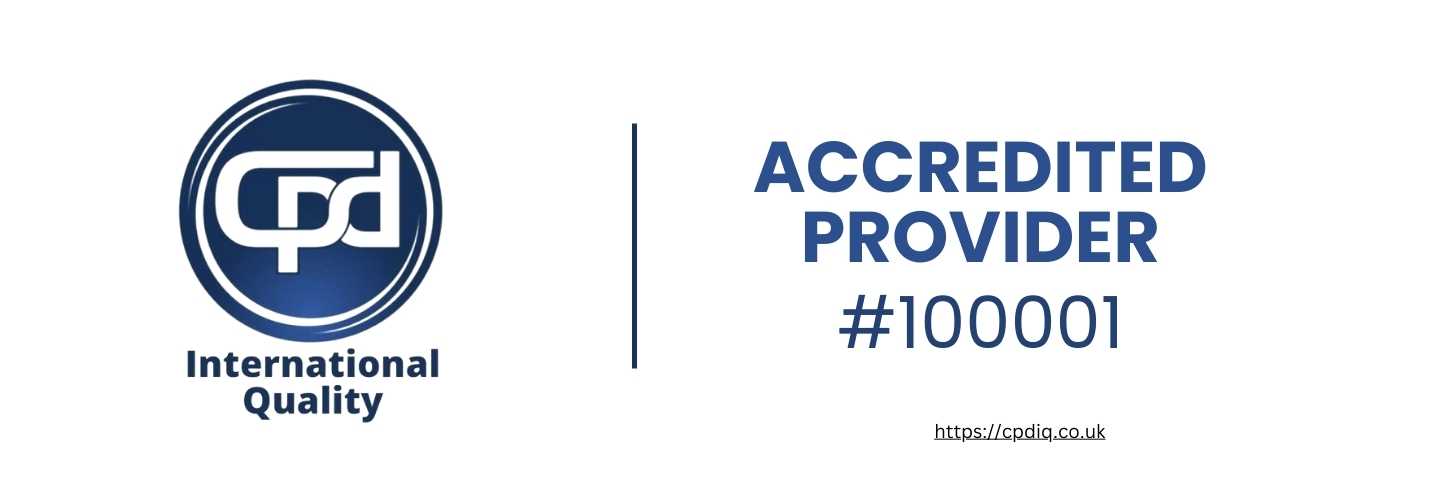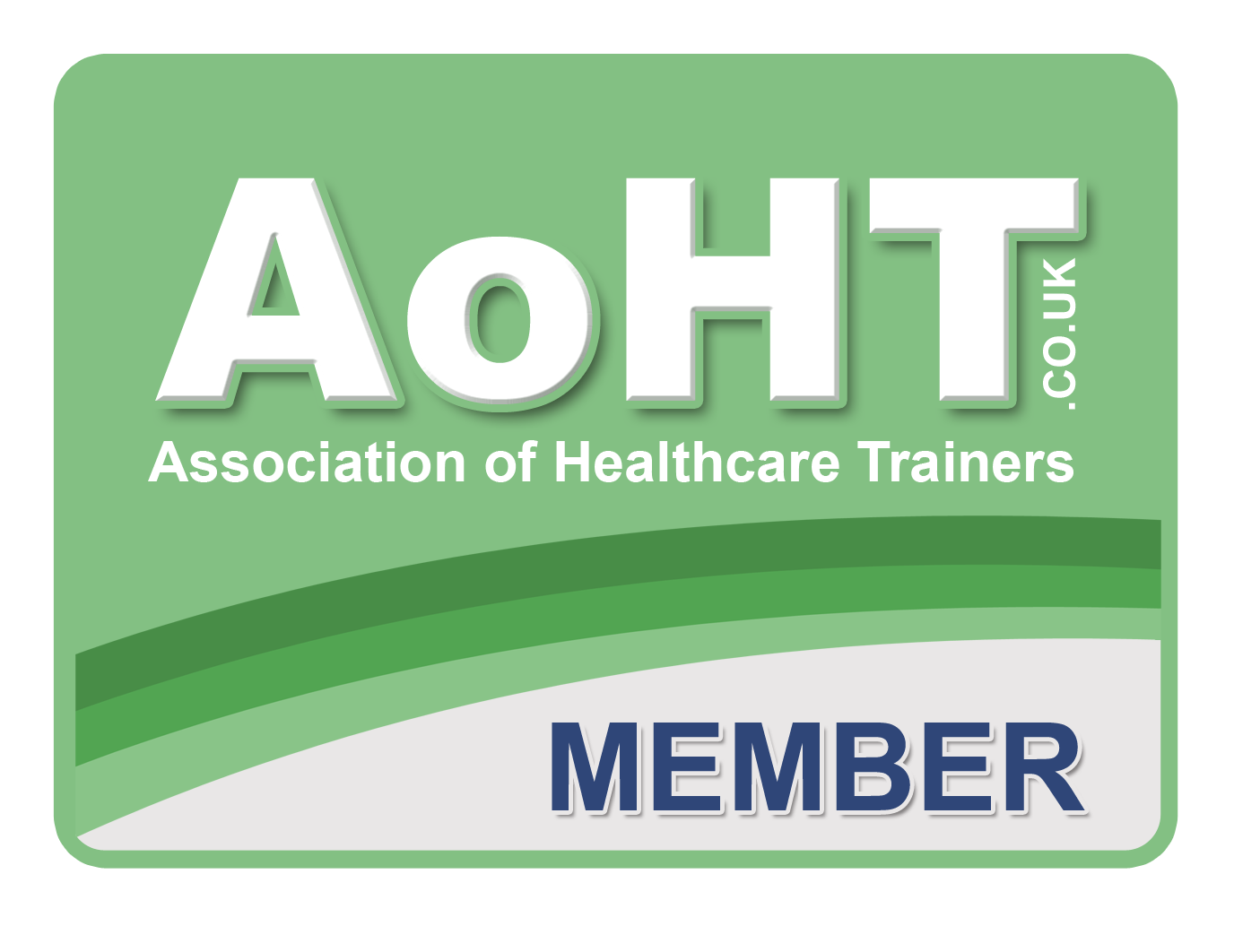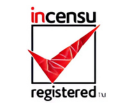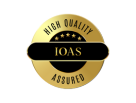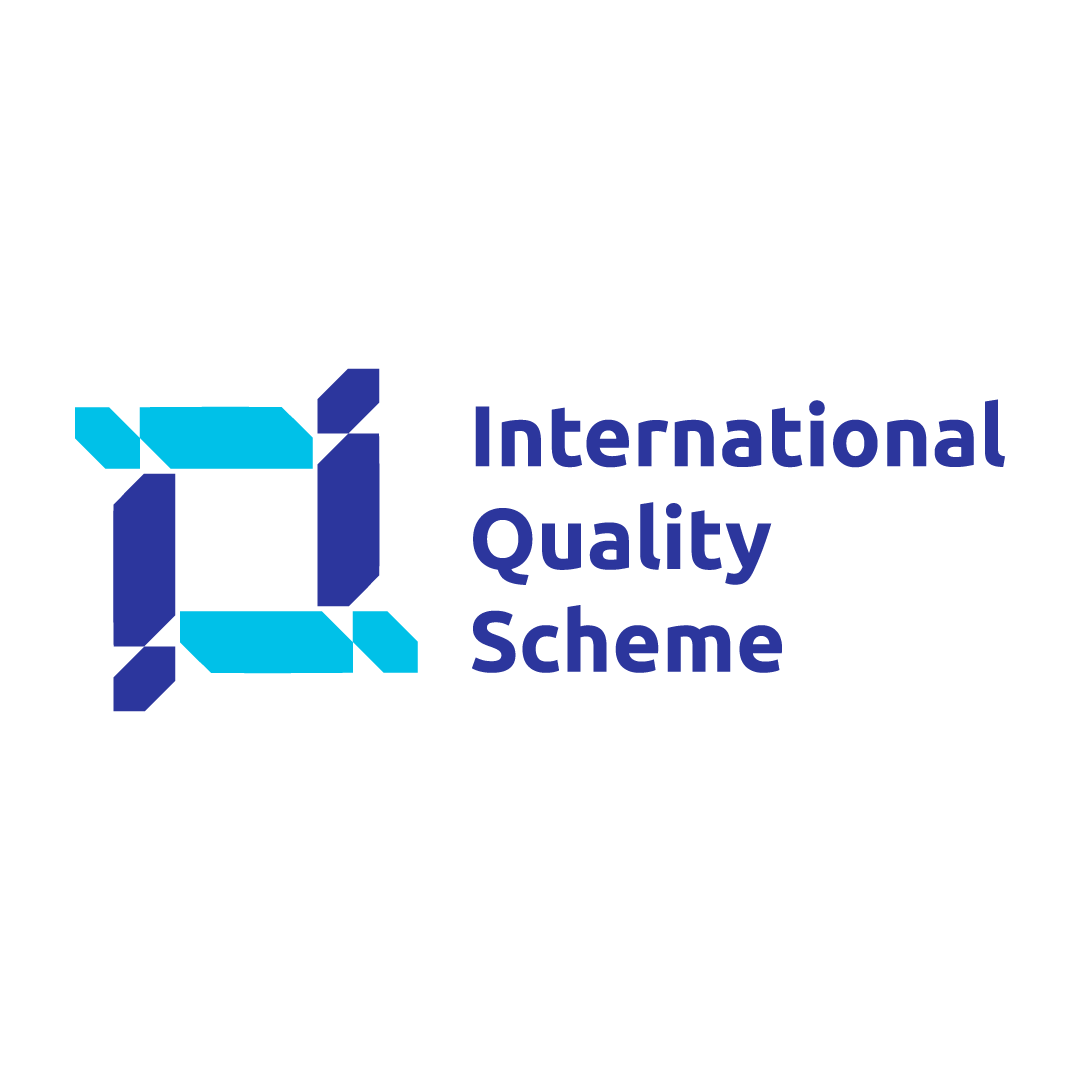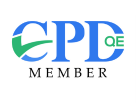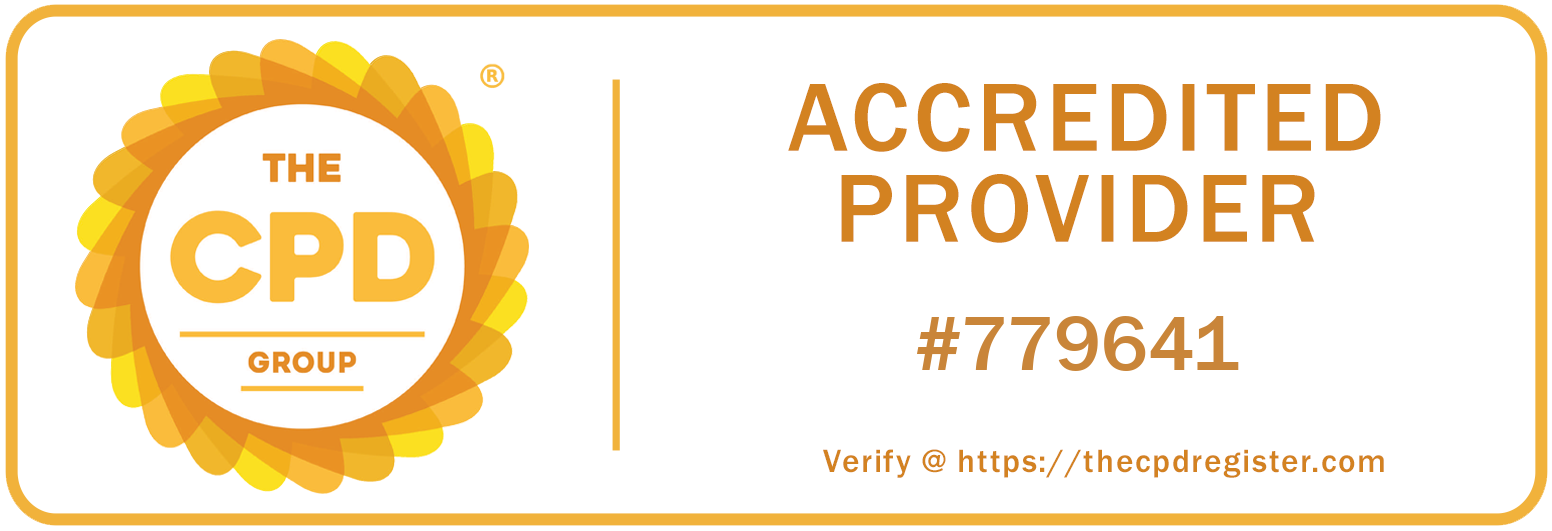Charity Accounting
NEW YEAR SPECIAL! 1500+ COURSES AT ONLY £59 FOR LIFE. FIND OUT MORE
Charity Accounting
🌟 Unlock the Secrets of Effective Charity Accounting! 🌟
Are you passionate about making a difference in the world through charitable work? Do you want to ensure that every dollar donated to your cause is maximized for impact? Look no further! Our Charity Accounting course is designed to equip you with the essential skills and knowledge to navigate the intricate world of financial management within the non-profit sector. Gain a certificate fast.
📚 What You’ll Learn:
In this comprehensive course, you’ll delve into the fundamentals of charity accounting, gaining insights into budgeting, financial reporting, compliance with regulatory standards, and more. We provide a holistic overview of accounting principles tailored specifically to the unique needs and challenges faced by charitable organizations. From understanding the nuances of fund accounting to mastering donor stewardship, we cover it all!
💡 Benefits of Taking the Course:
- Optimized Financial Management: Learn how to effectively manage finances within a charitable organization, ensuring transparency and accountability.
- Maximized Impact: Gain the skills to maximize the impact of every donation by efficiently allocating resources and minimizing overhead costs.
- Compliance Confidence: Navigate the complex regulatory landscape with confidence, ensuring your organization remains in compliance with legal and financial requirements.
- Enhanced Donor Relations: Understand the importance of financial transparency in building trust with donors, fostering long-term relationships, and attracting new supporters.
- Career Advancement: Stand out in the competitive non-profit sector with specialized skills and knowledge in charity accounting, opening up new opportunities for career growth and advancement.
🔍 Who is This For?
This course is perfect for:
- Non-profit Professionals: Whether you’re a finance manager, executive director, or program coordinator within a charitable organization, this course will empower you to excel in your role.
- Aspiring Accountants: If you’re considering a career in accounting and have a passion for making a difference, this course provides a valuable introduction to the unique challenges and opportunities within the non-profit sector.
- Volunteers and Board Members: Gain a deeper understanding of financial management to better fulfill your duties and responsibilities within the board of directors or as a volunteer for a charitable organization.
🚀 Career Path:
Upon completing the Charity Accounting course, you’ll be equipped with the skills and knowledge to pursue various rewarding career paths within the non-profit sector, including:
- Financial Manager: Oversee the financial operations of a charitable organization, ensuring fiscal responsibility and transparency.
- Grant Writer: Utilize your understanding of charity accounting to effectively communicate financial information in grant proposals, securing funding for important projects and initiatives.
- Fundraising Manager: Develop strategic fundraising campaigns informed by your expertise in financial management, maximizing donor contributions and impact.
- Non-profit Consultant: Offer your specialized knowledge in charity accounting to advise and support a diverse range of non-profit organizations in optimizing their financial practices.
Don’t miss out on this opportunity to elevate your skills and make a meaningful impact in the world of charitable accounting! Enroll today and take the first step towards unlocking your full potential in the non-profit sector. 🌟
FAQ (Frequently Asked Questions) – Charity Accounting
Q1: What is Charity Accounting?
Charity accounting refers to the specialized financial reporting and management practices used by charitable organizations to track and report their financial activities. It involves maintaining accurate records of income, expenses, assets, and liabilities, adhering to regulatory requirements, and ensuring transparency in financial reporting. Charity accounting aims to provide stakeholders, including donors, beneficiaries, and regulatory bodies, with a clear understanding of how funds are raised, managed, and utilized to support the organization’s charitable objectives.
Q2: Why is Charity Accounting Important?
Charity accounting is essential for several reasons. Firstly, it helps ensure accountability and transparency, which are critical for maintaining the trust of donors and the public. Accurate financial reporting also enables charitable organizations to demonstrate their impact and effectiveness in achieving their mission and objectives. Moreover, complying with accounting standards and regulatory requirements ensures legal compliance and helps prevent financial mismanagement or fraud.
Q3: What are the Key Differences Between Charity Accounting and Regular Accounting?
While charity accounting shares many similarities with regular accounting practices, there are some key differences. One significant distinction is the emphasis on accountability to donors and the public in charity accounting. Charitable organizations often face stricter reporting requirements and scrutiny due to their tax-exempt status and reliance on public trust. Additionally, charity accounting may involve tracking donations, grants, and restricted funds separately to ensure proper allocation and compliance with donor intentions.
Q4: What are the Challenges Associated with Charity Accounting?
Charity accounting can present various challenges, including managing complex funding streams, complying with evolving regulatory frameworks, and accurately valuing non-cash donations or volunteer services. Additionally, charitable organizations may struggle with limited financial resources and expertise, making it challenging to implement robust accounting systems and practices. Furthermore, maintaining transparency while protecting sensitive donor information can be a delicate balance for charities.
Q5: How Can Charities Improve Their Accounting Practices?
Charities can improve their accounting practices by investing in staff training, implementing robust financial management systems, and seeking professional advice when needed. It’s essential to stay informed about changes in accounting standards and regulatory requirements and to conduct regular audits to ensure compliance and identify areas for improvement. Collaborating with other charities or seeking mentorship from experienced financial professionals can also provide valuable insights and support in enhancing accounting practices. Ultimately, prioritizing transparency, accuracy, and accountability is key to effective charity accounting.
Extra Included :
Accredited Certificate Available
Unlimited Access and Retakes
Free Enrollment Letter Included
CPD International Quality Accredited
Meets UK & EU legal requirements
Instant e-certificate and eligibility of ordering hardcopy
Developed by Industry Experts
Learn anytime from anywhere
Use any internet-connected device
24/7 Live Support
Discounts on bulk purchases
Certification
Perfect for showcasing your skills, boosting your career, and enhancing your professional profile.
Choose the format that works best for you:
-
PDF Certificate (£9.99) – Download instantly to add to your portfolio, résumé, LinkedIn, or share on social media.
-
Printed Hard Copy (£29.99) – A beautifully designed certificate delivered to your door, ready to proudly display in your office or home.
-
Both PDF & Printed Hard Copy (£31.99) – Get the best of both worlds!
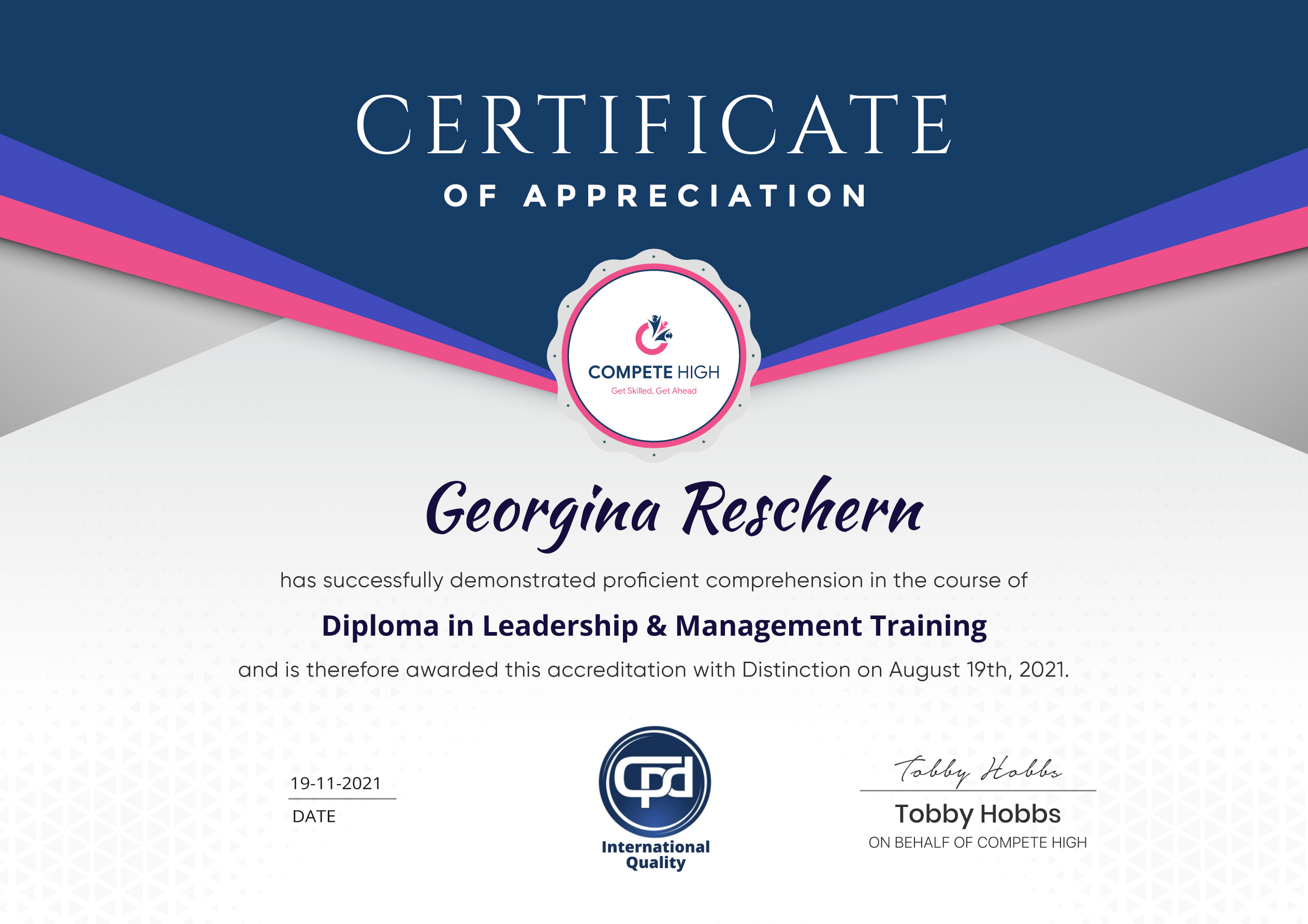
Course Contents
Course Content
Module 1- The Charity Accounting Concept
-
The Charity Accounting Concept
00:00
Module 2 Accounting Principles Standards Policies and Concepts
Module 3- Fund Accounting
Module 4- Reporting and Accounts for Charities
Assignment
Student Ratings & Reviews

Want to receive push notifications for all major on-site activities?





